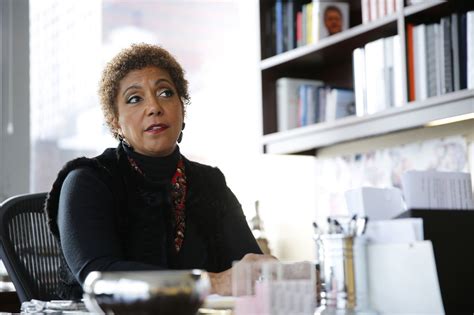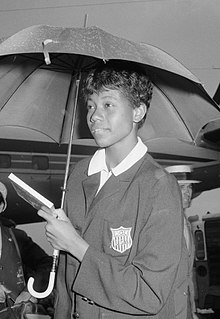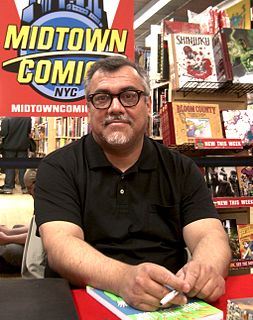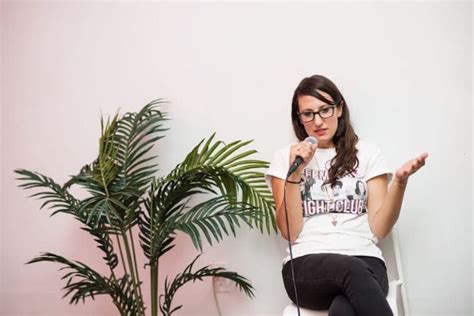A Quote by August Wilson
. . . what happened, of course, was that I was writing a play set in the 1940's that was supposed to be somehow representative of black American life, and I didn't have any women in there. And I knew that wasn't going to work.
Related Quotes
Merely because I was black, it seemed, I was supposed to listen to Hugh Maskela instead of Carole King, just as I was expected to be a radical, not a conservative. I no longer cared to play that game ... The black people I knew came from different places and backgrounds - social, economic, even ethnic - yet the color of our skin was somehow supposed to make us identical in spite of our differences. I didn't buy it. Of course we had all experienced racism in one way or another, but that did not mean we had to think alike
The potential significance of Black feminist thought goes far beyond demonstrating that African-American women can be theorists. Like Black feminist practice, which it reflects and which it seeks to foster, Black feminist thought can create a collective identity among African-American women about the dimensions of a Black women's standpoint. Through the process of rearticulating, Black feminist thought can offer African-American women a different view of ourselves and our worlds
We recriminalized black life. Incarceration rates since the 1908s have gone through the roof, overwhelmingly black males, women and Hispanics to some extent. Essentially re-doing what happened under Reconstruction. That's the history of African Americans - so how can any one say there's no problem. Sure, racism is serious, but it's worse than that.
I wanted to play roles which offered new ways of viewing black women and black people in general- and I have done that. And I have always, whether I needed to pay the rent or not, I've always turned down roles which I thought were stereotypical. And so when I look at my body of work in that respect, I am really happy. Because I feel my work does say something positive and that was what I always set out to do.
What I'm really involved in when I'm writing is something that no one ever mentions when they see any play. Writing is like trying to make gunpowder out of chemicals. You have these words and sentences and the strange meanings and associations that are attached to the words and sentences, and you're somehow cooking these things all up so that they suddenly explode and have a powerful effect. That's what absorbs me from day to day in writing a play.
I knew that's where I was going. I knew we were going to Italy. You couldn't make this movie in America at this price. I knew it was going to be big. I knew there was going to be a ship involved and that there was going to be a set as big as the ship. I thought, well, here we go. But I knew that was where he was headed. He had been going this way for some time. All directors, once they have some success, they want to spend a whole heck of a lot of money. (Something else can't hear.)
When women negotiate they are often viewed as pushy, but if you think about the way women are viewed at large: we are nurturing, helpful, motherly. Those are all stereotypes, of course, but if you play into them you don't face the same penalties. I struggle with this because I hate the fact that because I am a woman, I am supposed to smile when I go into a negotiation. But it's been shown to work. I shouldn't have to smile, but if doing so means that I am going to get the money and rise in power, then I see it as a necessary evil. Once we're in power, we can have resting b*tch face all day.
The culturally specific, in particular, the American porch play that American writers have cherished and loved for many years in terms of their new writing, has seemed to have very little relevance to a much more fast-flowing, abstract, experimental drama that has been emerging in [the UK]. The porch play, not to mention that thing of, Oops, I wasn't loved enough by my father, somehow didn't have the relevance in this country.





































